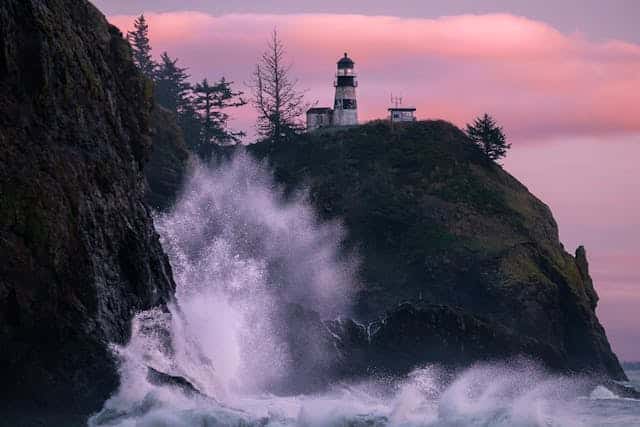
But buying land isn’t as straightforward as buying a house. There are zoning laws to navigate, infrastructure to consider, and potential pitfalls that can derail your plans if you’re not careful. In this guide, we’ll walk you through the essential steps, expert tips, and common mistakes to avoid when purchasing raw land, so you can start your project with confidence and avoid costly surprises.

Buying vacant land in Washington State can be a rewarding investment, especially if you’re planning to build your dream home. However, it’s a far more complex process than buying an existing house, and it requires serious preparation. To avoid costly mistakes and ensure success, here are the key things you need to know.
Purchasing raw land is very different from buying a home, and not every real estate agent understands the nuances. Many listings falsely claim that a property is “sub dividable” or “ready to build,” which can mislead buyers and create legal headaches. That’s why you need an agent who specializes in land transactions, someone who can verify zoning, access, and buildability before you commit.
An experienced land agent can help you avoid pitfalls and make smarter choices. If you don’t have an agent in mind, don’t worry, they will come to you. You can use My Agent Finder which will allow you to put in your qualifications on what you are looking for, then agents will contact you and send you listings.
Undeveloped land often requires a cash purchase, as traditional lenders may not finance these types of deals. Before you start your search, determine how much you can afford, and ensure the funds are readily available. If you plan to make a cash offer, proof of funds will be required. Having money tied up in other investments could delay or derail your offer, so plan ahead.
While we have had land in Washington, we keep our land in a lower cost range. Sometimes we still have land for sale in Washington, but you can also consider other states if you have a strict budget such as under $10k. If you’re simply looking for Affordable Land then you can click the link to look
It’s tempting to go all in on custom designs, but your build needs to make financial sense. If the combined cost of the land and construction exceeds the average home value in the area, you could struggle to get a construction loan or recoup your investment down the road. Make sure your plans align with the neighborhood’s value range.
Vacant land doesn’t come with the conveniences of a home. Does it have access to electricity, water, septic, and roads? If not, you could face significant costs to bring these services in. Contact utility companies and the local county to get estimates before making an offer.
Financing vacant land is harder than financing a home. While some lenders offer land loans, they often require large down payments and carry higher interest rates. Construction loans are easier to obtain, once you have an approved building plan and permits, because the home can serve as collateral.
Before buying, conduct environmental assessments and soil tests. Old gas stations, auto shops, or industrial sites could have soil contamination, which would limit your ability to build. In Washington State, flood zones and soil composition can also be major concerns, especially near rivers or wetlands. A professional evaluation can save you from buying a costly mistake.
Land use is dictated by local zoning laws, and rezoning isn’t easy, or guaranteed. Don’t base your plans on changing the zoning later. Instead, look for land that already fits your goals and be realistic about what you can do within the current regulations. If you’re unsure about zoning, consult with your agent or check out our detailed zoning guide.
Building on raw land takes time. From securing permits to final construction, the process can span many months. Once your home is ready, hire experienced long-distance movers in Washington to help with the transition. After all the work you’ve put in, you deserve a smooth and stress free move into your new home.
© 2025, LandZero